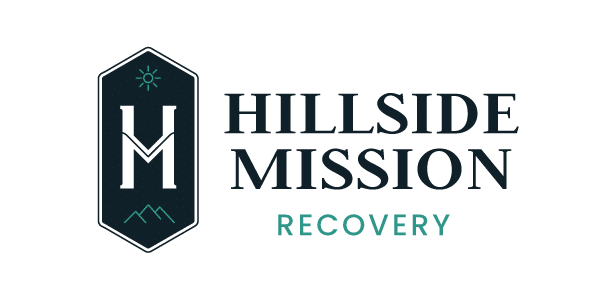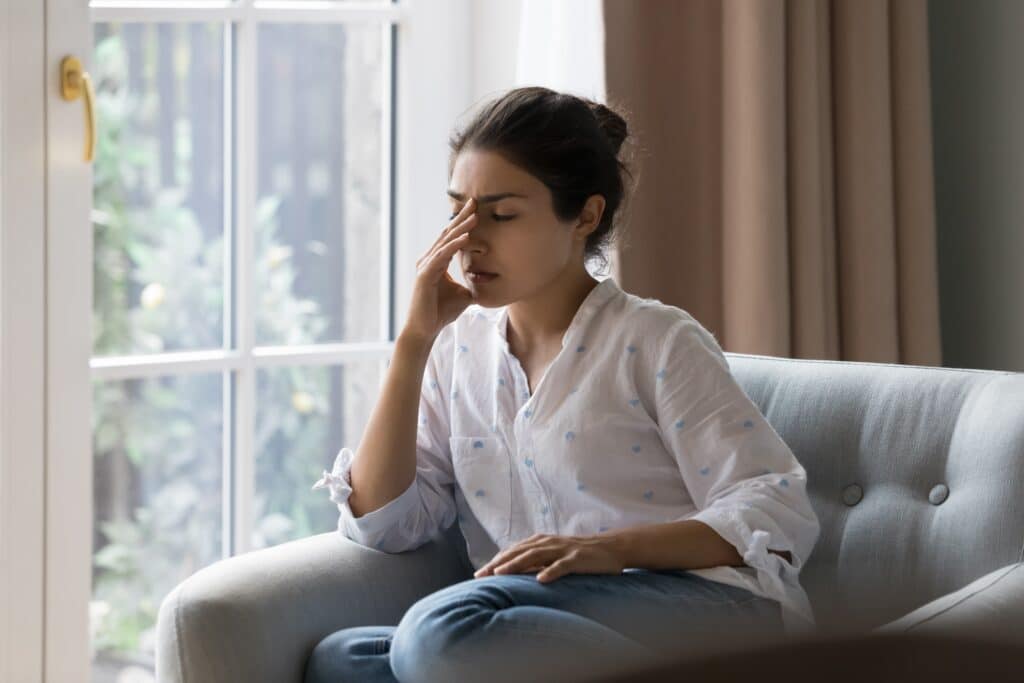Even though millions of Americans suffer from addiction every day, many people still don’t understand the true nature of addiction, its role in mental health, or how it is interrelated. When it comes to addiction, there can be many causes and effects. One of the most common causes and effects of addiction is co-occurring disorders. However, many people still don’t understand the nature of co-occurring disorders, how they are treated or how difficult it is to treat addiction if they are also suffering from other conditions.
At Hillside Mission Recovery, we know that addiction is never straightforward and that dealing with mental illness is also a difficult situation. To help clients and their families get the proper treatment they need, we are committed to doing every we can to help. This includes giving them all the information they need to understand the definition of co-occurring disorders, how this affects addiction, and how to get the help they need to get clean and sober and break the cycle of relapse that happens with addiction and mental illness.
What is the Definition of Co-Occurring Disorders?
As we mention in the opening, addiction is never a simple problem. Often addiction is the result of a person trying to cope with or self-medicate their mental illness. In other cases, a person struggling with an addiction may develop mental illness as a result. While it can sometimes be challenging to link the two, they occur together enough to become their own specialization in addiction treatment.
By definition, a co-occurring disorder is when a person is experiencing two conditions simultaneously, in this case, addiction and mental illness. In some cases, it can also refer specifically to a person with multiple mental illnesses.
Now that we’ve answered the question “what is the definition of co-occurring disorders”, it is crucial to explain why testing co-occurring disorders is complex and requires specialized treatments and assistance to break the cycle of addiction and mental illness and truly get on the path to sobriety.
The main difficulty with treating co-occurring disorders is that only one problem is often treated at a time. This causes a more significant potential for the issue to return and even greater chances for relapse.
The only way to honestly treat co-occurring disorders is by using dual-diagnosis treatment. Dual diagnosis treatment works by providing treatment for both the mental health of the client and the addiction side of the equation at the same time. Because both disorders tend to feed off each other, it is necessary to treat both at once. With therapy and other treatment, it is possible to discover the underlying causes for the addiction and mental illness and work towards breaking the cycle and giving the individual the tools they need to cope without drugs or alcohol.
How to Get Help With Co-Occurring Disorders Today
If you or someone you know is dealing with addiction and mental illness, it’s time to get the treatment needed to truly clean and sober. At Hillside Mission Recovery, we provide a safe, luxury inpatient treatment facility where clients can come, get away from all the stresses of daily life, and focus solely on getting clean and mentally healthy again.
Each patient is given an individualized evaluation to learn the nature of their addiction and how best to treat their co-occurring disorder. We then start with detox before moving on to treatment. By focusing on the underlying factors for the addiction and mental illness, our goal is to rid the client of their reasons for using drugs or alcohol and promote positive mental health and coping techniques to return to everyday life.
If you or someone you know may have co-occurring disorders, contact Hillside Mission Recovery and let us get you on the path to wellness.







